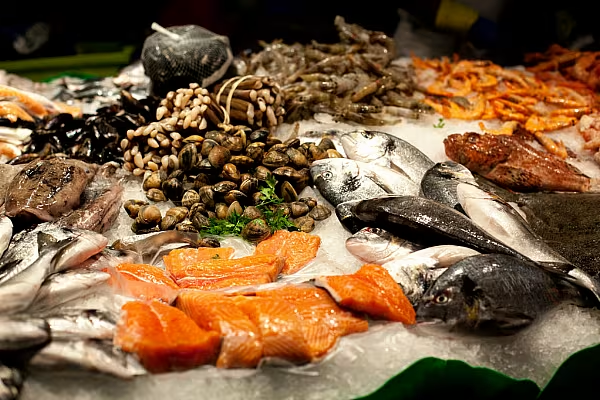China's biggest wholesale food market has suspended the sale and storage of chilled and frozen meat and seafood as the government ramps up inspections of cold-chain goods after several new cases of coronavirus infections.
The Xinfadi market in Beijing, which was at the centre of an outbreak of COVID-19 cases in the Chinese capital in June, has disposed of products and disinfected over a hundred cold storage units and shut down their power, the state-backed Beijing News has reported.
Although Beijing has had no recent locally transmitted infections involving the market or cold-chain food products, the move comes after several handlers of imported frozen food in the cities of Qingdao and Tianjin contracted the virus in recent months.
Tianjin is some 132 kilometres south of Beijing while Qingdao is 550 kilometres south of the capital.
Daily Checks
Market authorities will also conduct daily checks for the virus at warehouses and cold-storage facilities for fruits and vegetables, the Beijing News also said.
The market, a complex of warehouses and trading halls spanning an area the size of nearly 160 soccer pitches, can trade 1,500 tonnes of seafood, 18,000 tonnes of vegetables and 20,000 tonnes of fruit on a daily basis, according to its website.
China has ramped up testing of frozen foods after saying it has repeatedly discovered the coronavirus on imported products and their packaging, triggering large-scale testing of food and staff, the suspension of certain imports and disruptions to trade flows.
Separately, a recent outbreak of more than 400 coronavirus cases in the northwestern region of Xinjiang has been traced back to cargo containers, Wu Zunyou, chief epidemiologist at the Chinese Centre for Disease Control and Prevention, said on Wednesday.
The state-owned Global Times quoted a Xinjiang official as saying the outbreak was linked to containers from Tajikistan.











